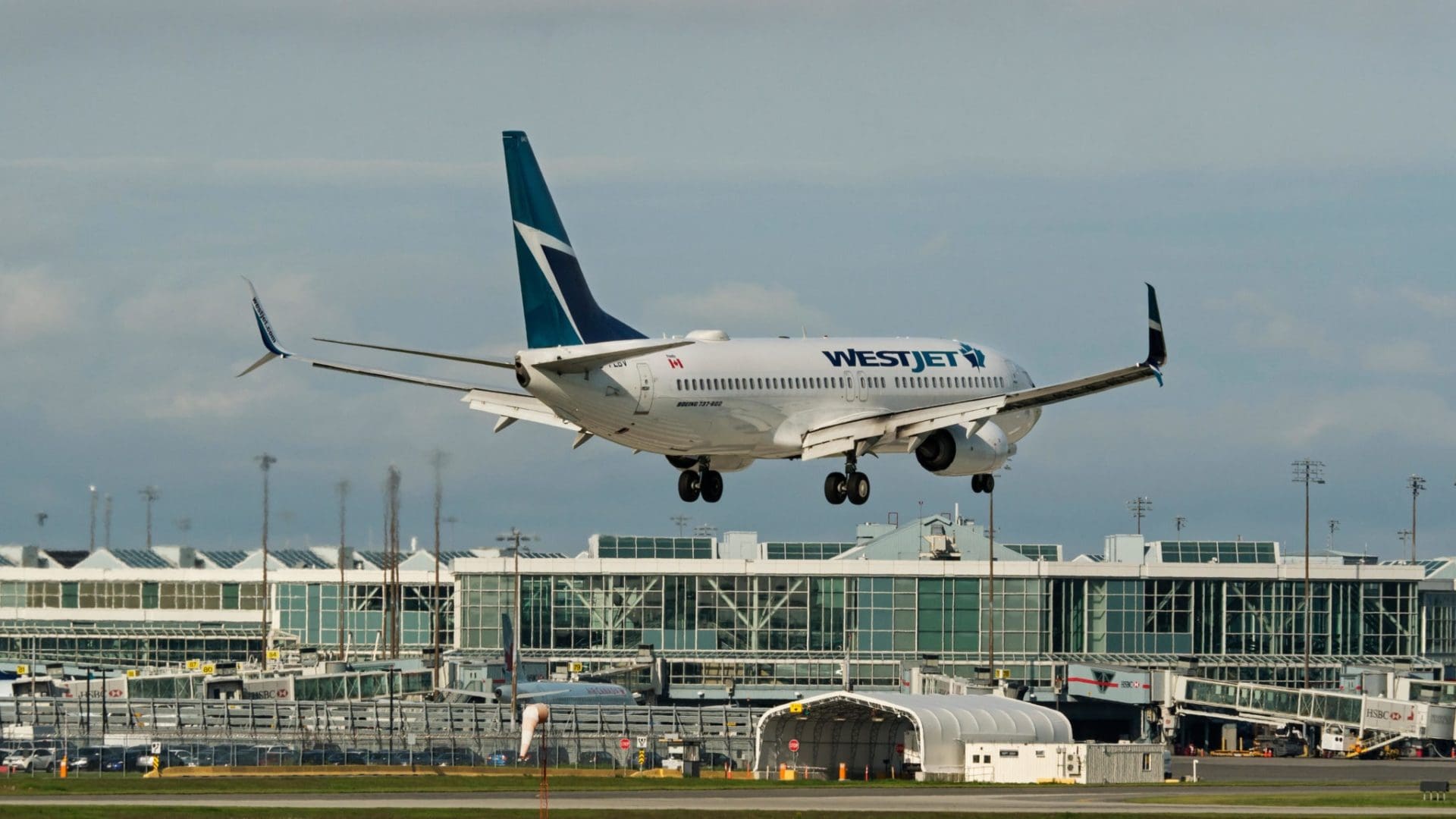Heathrow Airport had to ask airlines to stop selling tickets for the summer, since they are struggling to cope with demands and their new staff is ‘not yet up to full speed’.
The Chaos in Air Travel
Once lockdowns ended all around the world, many looked forward to the summer, since after two years of waiting travelling abroad became a possibility again. However, those who expected to fly all over the globe might have ran into some troubles in doing so.
The recipe for disaster in airports was quite simple yet devastating at the same time. Due to the pandemic, many of their ground staff had to be let go because of the large drop in income; they simply could not afford to keep their staff around without actual flights taking off. This, of course, meant that after lockdowns were lifted in most countries and travelling was supposed to be available, airports could not keep up with the demand. Causing planes to be delayed for long hours, even days in some cases. At times they simply had to cancel the flight. Perhaps the largest problems started to appear in the UK, since it is a popular junction and destination in the EU. In the previous week, many media outlets reported on several cases where an airline simply left their passengers at the airport for an entire night. These flights were supposed to fly from London to Budapest; however, they have not flown at all.
The recipe for disaster in airports was quite simple yet devastating at the same time
Numbers and Capping Passengers
Due to the chaotic scenes experienced at several airports, Heathrow has asked airlines to stop selling summer tickets. They also imposed a daily limit of 100,000 departing passengers, since they can not keep up with the sudden surge in travel. Airlines at Heathrow had planned to operate flights that would have resulted in about 104,000 passengers a day, excessing their daily limit. Airport officials have stated that out of the excess 4,000 daily seats, about 1,500 had currently been sold. This is why they asked their airline partners to stop selling summer tickets to limit the impact on passengers. They also explained that the cap on passengers would mean that some summer flights would either be moved to another day, another airport or just simply cancelled. They apologized in advance for causing inconvenience.
‘Over the past few weeks, as departing passenger numbers have regularly exceeded 100,000 a day, we have started to see periods when service drops to a level that is not acceptable: long queue times, delays for passengers requiring assistance, bags not travelling with passengers or arriving late, low punctuality and last-minute cancellations’, John Holland-Kaye, the CEO of Heathrow wrote in a statement on Tuesday. He added that some airlines have taken actions in order to prevent these issues in the future, however, others have not. They believe that further action is required to ensure that their passengers have a safe and reliable journey. The daily cap on numbers is in effect from 12 July to 11 September. He also underlined that many airports have also implemented similar measures to control passenger demand, not only in the UK, but also worldwide.
Heathrow said it had seen ‘40 years of passenger growth in just four months’ as air travel bounced back from the COVID-19 pandemic. The new staff were ‘learning fast, but are not yet up to full speed’, the airport said. However, there are still shortages of critical staff, in particular ground handlers, who are contracted by airlines to provide check-in staff, load and unload bags and turn around aircraft.
Flying from Any Airport Is a Struggle
General staff shortages and strikes in the industry have crippled air travel
Budapest Airport has stated that they lack ground staff as well. They expressed that without an adequate number of trained members, they are late at serving the flights, making it harder to manage traffic on the ground. They also underlined that the general staff shortages and strikes in the industry have also crippled air travel. Strikes around the world have an effect on any airport. If air traffic controllers go on strike in France, they cause serious problems for the entire south-western European and north-African industry.
The Hungarian spokesman for Wizz Air said that their staffing issues are non-existent; moreover, their numbers are already above what they were before the pandemic. However, since this tendency is not the same in the entire industry, their hands are tied – they suffer the same as the rest of them.
The spokesman also confirmed the statement by Budapest Airport saying that the problems amass themselves at the level of the ground staff and not at the airlines. He added that their situation is better than most airlines’ because they hired a massive amount of young workers before the start of the pandemic, and they managed to keep most of them employed with fair wages. Because of the stability of Wizz Air, many flights starting from Budapest are considered much safer—in the sense of being on time and actually taking off—than most other European airlines.
What Will the Future Bring?
In conclusion, it is apparent that staff shortages, especially that of the ground staff in most airports in the world cause chaos. The numbers show that the demand for travel is higher than ever before the pandemic, meaning that most probably even if airports were not struggling from shortages, they would still not be able to meet the demands. The only solution for these problems will be solved in due time as travelers must wait for airport staffs to be fully trained again. Once they have the numbers and the skilled assets, air travel should be back to normal.






